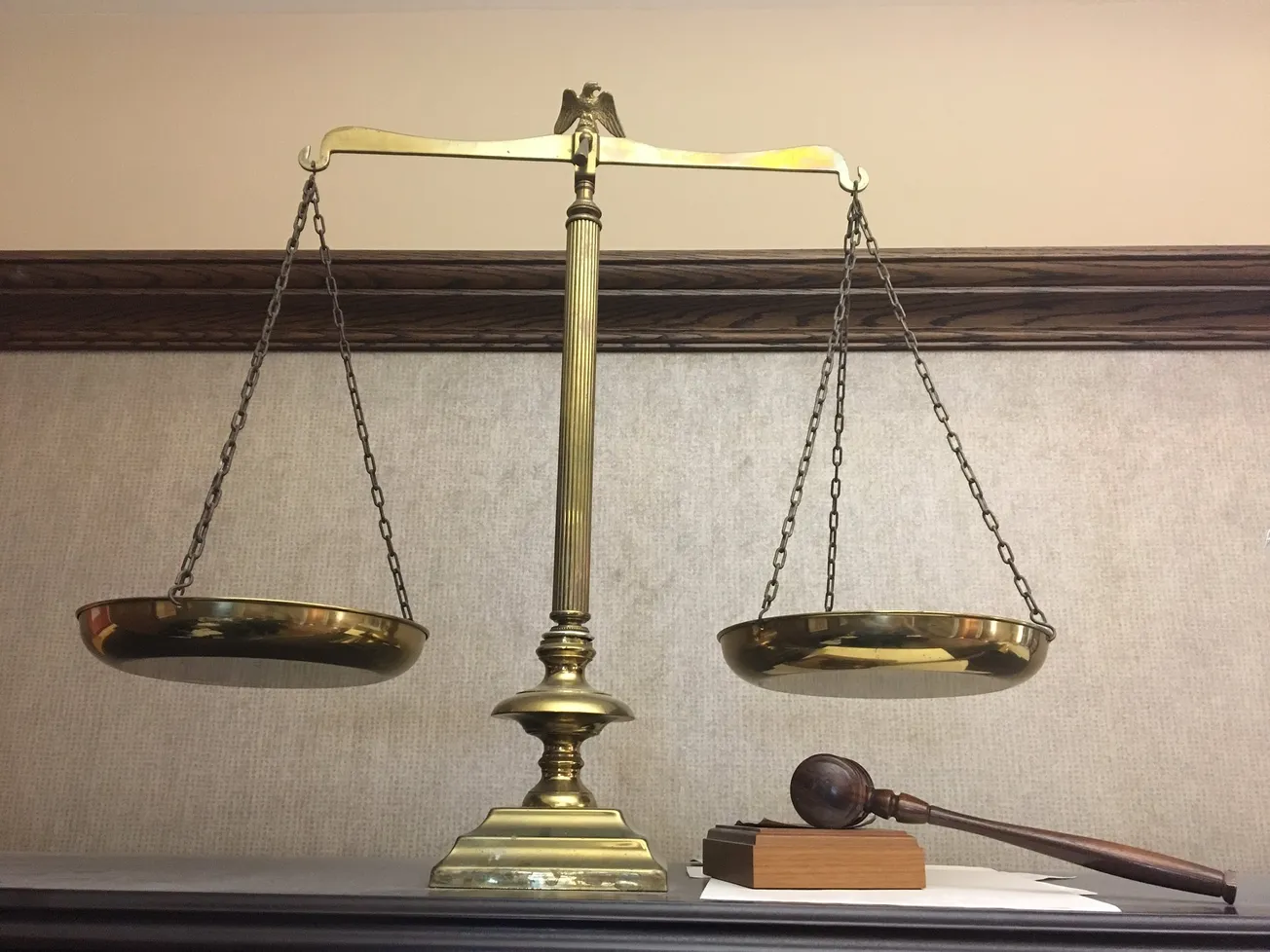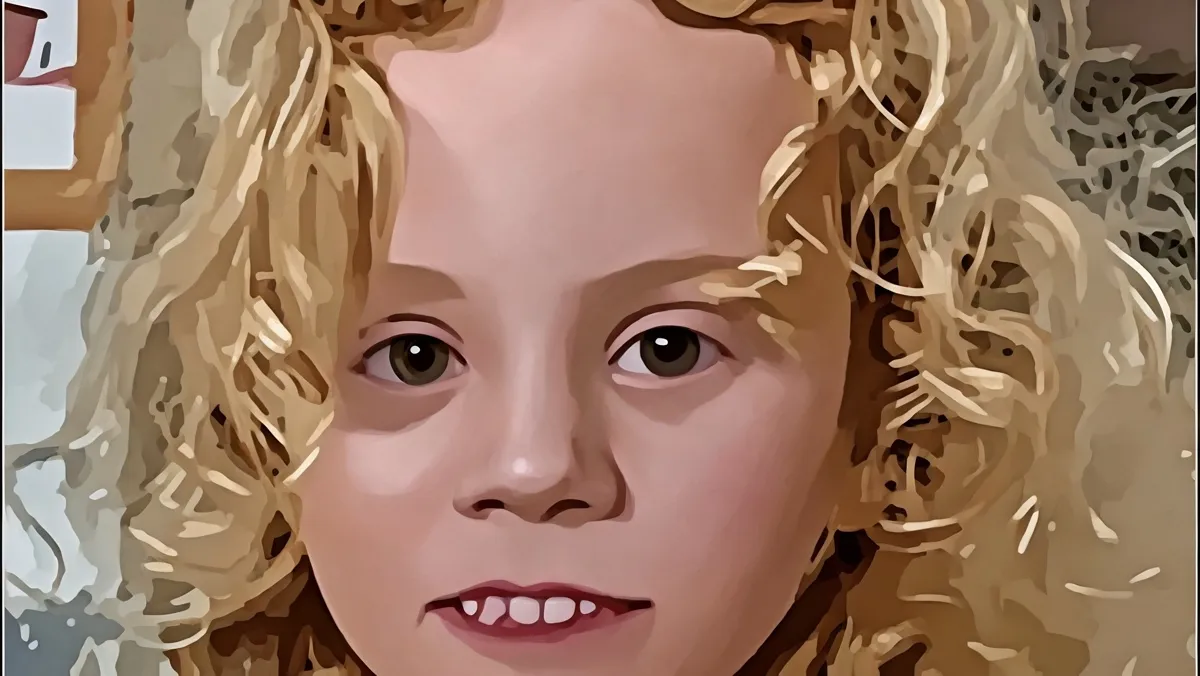Table of Contents
The teen offender was charged with two counts of rape, four of indecent assault and two of unlawful sexual connection, all of which were proven and dealt with in the Youth Court.
While serious offences such as rape can be transferred to the District Court, where the youth would receive a more severe sentence, Judge Brandt Shortland ruled this case, “by the finest of margins” should stay in the Youth Court.
“I considered it was in the public’s interest this matter stay in this court and it should be dealt with in an appropriate way,” the judge said in his ruling, stating the principles of the Oranga Tamariki Act guided him.
“ … it was probably because of the fact you were [under 16] years of age at the time, in my words a boy, and that probably saved you.”
The teen was sentenced to pay each of his three victims a $1000 emotional harm payment.
While the court is required to impose the least restrictive outcome in the circumstances of any case, sentences available to the Youth Court range from charges being discharged, a fine, reparation, ordering the teen to attend a programme, community work, supervision, or a maximum of six months custody in a youth residence.
In the District Court, the maximum penalty for rape is 20 years’ imprisonment.
NZ Herald
Read more here. Discuss it on The BFD.









